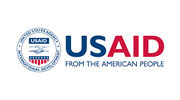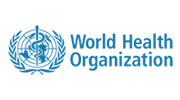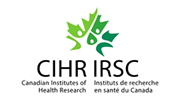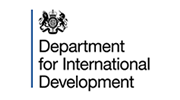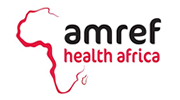Search
- The World Health Organization’s report on Persons With Disabilities (PWDs) estimates that more than 1 billion people live with disability today and expects an increase because of an aging population, effects of climate change, international armed and civil conflicts, and disease.. This…
- This project set out to address the critical mental health needs of persons suffering from the most common mental health problems in post-conflict districts of Gulu, Amuru, and Nwoya, in Northern Uganda. The greatest problem was two-fold: (1) Resistance on the part of (the traditional)…
- The intersections among war, displacement, and HIV/AIDS in Northern Uganda is striking. Study was initiated in response to the need for evidence-based research addressing HIV related vulnerabilities among post-conflict populations in Northern Uganda. Funded by Canadian Institute of Health Research…
- Uganda's children are at risk. Many of infants die before reaching their first birthday, mostly due to preventable infectious diseases. And those who survive beyond their first year of life are afflicted with malnutrition and disease, and perform poorly in school. For a country endowed with fertile…
- HIV prevalence among conflict-affected population in Northern Uganda, is 12.2%, with women who experienced war-related sexual violence 80% more likely to be HIV+. These rates are higher than national rates, yet, less than 35% of HIV+ people reported ever accessing ART. The general objective of this…
- Heightened risk of HIV, syphilis & sexual violence among women in Northern Uganda is markedly higher than national averages from the Ugandan AIDS Indicator Survey. Women in Northern Uganda overall were 68% more likely to be HIV+ than men at baseline. Young women, less than 25 years were 368%…
- This study was supported by Wellcome Trust for 12 months with thse specific objectives; 1) To retrospectively assess changes in the basic epidemiology and rates of paediatric admissions to Kenyan, Ugandan and Malawian hospitals over 15 years, and 2) to provide a plausibility framework to compare…
- The National Malarial Control Programme (NMCP), Uganda, commissioned this rapid assessment to gather evidence to help improve management of severe malaria, especially at the primary levels of the health delivery system. This follows the adoption of injectable artesunate (Inj AS) as a first-…
- Optimizing quality of care for malaria is a complex endeavour of major public health importance in Uganda. We propose to develop a model HSS strategy aimed at improving patient access to high quality malaria case management at the community and facility level. In 2019, the Makerere Research…
- Six countries account for nearly half of the world’s malaria disease burden. These are; Nigeria (25%), Democratic Republic of the Congo (12%), Uganda (5%), and Cote d'Ivoire,Mozambique and Niger(4% each) Funded by Wellcome Trust from 2019 to 2021, this project seeks to develop a model Health…
Pagination
Botton Last Menu
Copyright © 2026 | CHDC. All rights reserved
